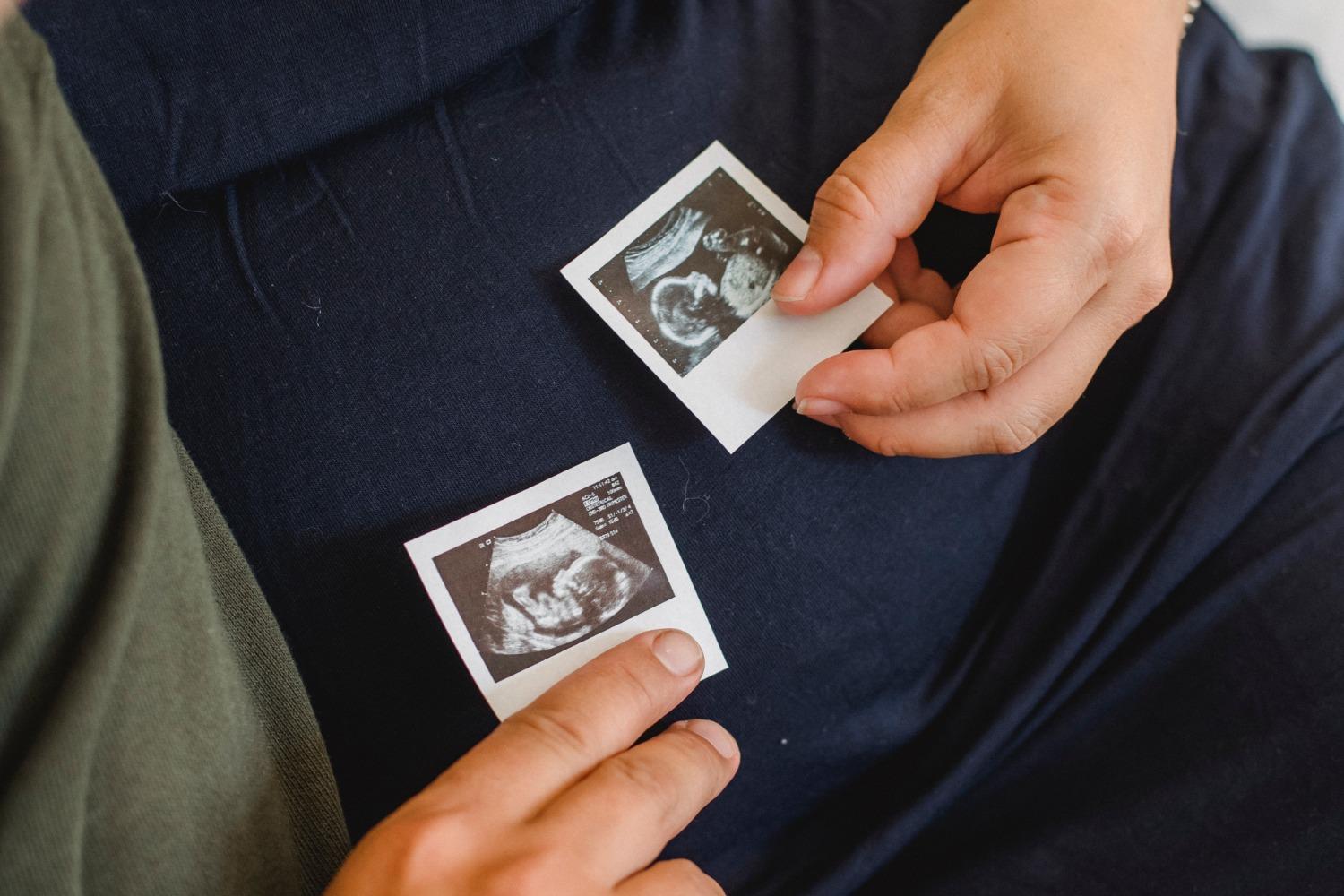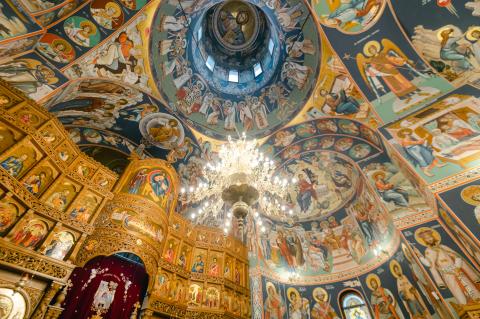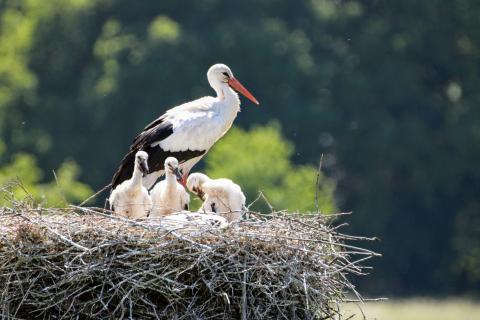
For more information on the German Synodal Way discussed in this week’s Prime Insights piece by our editors, “How to Make Sense of Germany,” see a helpful explanation provided by The Pillar.
A judge in Virginia recently used a precedent from the slavery era regarding the sale of human “chattel” in a case involving the custody of human embryos. This hearkening back to a time of the commerce of human beings brings into focus two interesting notions. First, it serves as a reminder of “man’s inhumanity to man” – the perennial mistreatment of humanity by humanity. Second, this ruling implicitly accepts that the embryo is a human person (rather than a “clump of tissue”), for that is precisely what human “chattel” is: human beings degraded and treated as mere property.
This ruling brings to mind what many in the pro-life movement have long argued: the question of abortion is often less about whether embryos are human beings and more about whether society will recognize their full human rights.
St. Patrick’s Day celebrations in Ireland have begun to reflect the spirit of the times, signaling that “the snakes have returned to Ireland.”
In the meantime, some movements within Ireland seek to retain the nation’s historic Christians foundations. Holy Family Mission offers young Catholics from across the world the chance to live in community and minister to the people of County Waterford, Ireland, in a “gap year for God.”
A Catholic theologian offers a mid-Lent reflection on the importance of fasting in the Christian life, offering a helpful overview of the main virtues and vices encountered in daily living. “When we fast, we say no to something that, objectively speaking, is not bad… However, by denying ourselves that which we ordinarily would have a legitimate right to, we are strengthened in our ability to deny ourselves those sinful pleasures that we do not have a right to.”
Bishop Barron offers a related reflection, arguing that “the fundamental problem with modern ethics… is that it is boring.” The classical vision of morality, long embraced by the Christian tradition, is one of adventure, in which the pursuit of virtue (aided by practices like Lenten fasting) sets the human person on a journey outside of oneself.
Who killed the Catholic university? A theologian at Providence College reflects on the landscape of Catholic higher education, explaining what has gone wrong while pointing to some lights on the horizon (including the Catholic Studies project founded by Dr. Don Briel at the University of St. Thomas and University of Mary).
An essay explores the lives and work of three women who supported St. John Henry Newman’s work in the Oxford Movement and beyond, offering a deeper glimpse into a movement gaining appreciation from modern Christians in the world of education.
How are we to approach questions of gender dysphoria and identity and help those struggling with such questions in their own lives? A critical assessment of the available data is a good place to start.
Finally, how does an ancient story about a Chinese farmer offer Christians the chance to reflect on central questions of life and providence?


